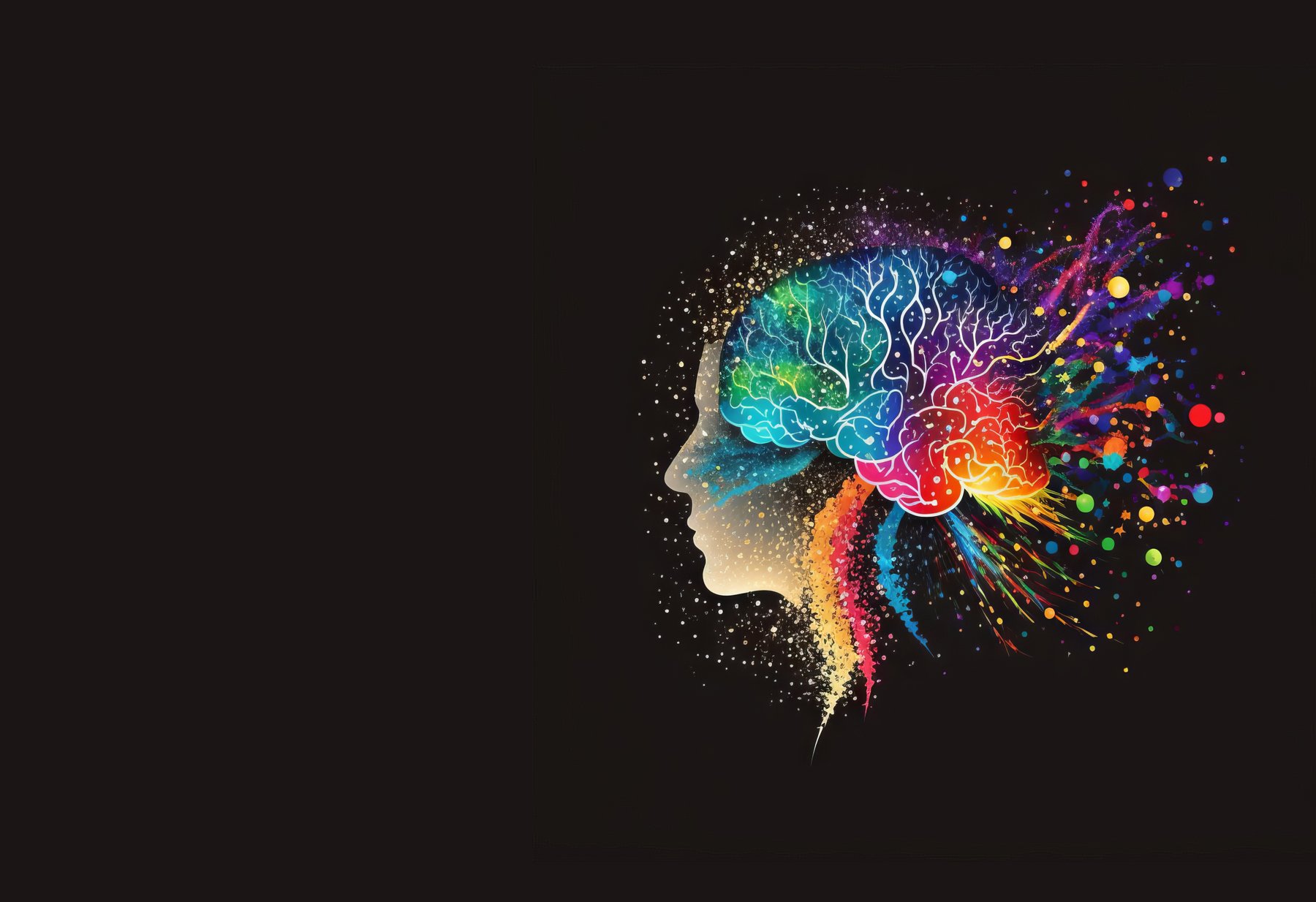Starting off:
People often feel anxious, and it can happen in a lot of different scenarios. It can have a big effect on our daily lives. Although it’s normal to feel anxious sometimes, too much or long-lasting worry can make it hard to do things and enjoy life. There are, thankfully, useful techniques and tips that can help us deal with anxiety in real life. This book talks about some good ways to deal with anxiety, such as practicing mindfulness, learning how to relax, making changes to your lifestyle, and asking for help from others.
Understanding anxiety and how it affects people
People feel anxious when they think there are threats or things that are stressful. But when anxiety lasts for a long time or is too much for us, it can make it hard to focus, make decisions, and do the things we love. Anxiety can cause racing thoughts, restlessness, irritability, muscle tightness, and trouble sleeping, among other things. Chronic anxiety can have many bad effects if it is not handled, such as less productivity, problems in relationships, and a general decline in well-being.
Using techniques for mindfulness and grounding
Mindfulness, which means focusing on the present moment without judging it, is a great way to deal with worry. Deep breathing, body scanning, and guided meditation are all mindfulness methods that can help us become more aware of our thoughts and feelings. This makes it easier to deal with them calmly and clearly. Some techniques for grounding, like focusing on our senses or doing physical exercise, can also help us feel more in touch with the present and less anxious.
Using techniques for relaxation
Relaxation methods like progressive muscle relaxation, guided imagery, and visualization can help ease muscle tension, clear the mind, and make you feel calm and at ease. As you do these methods, you should systematically tense and relax different muscle groups, picture scenes that are calm or peaceful, and focus on positive thoughts or images. People can find moments of peace and calm in the middle of their busy lives by using relaxation methods every day.
Asking for Help from Others
It’s important to remember that we don’t have to deal with our worry by ourselves. Getting help from friends, family, or mental health workers can give you reassurance, encouragement, and a new point of view. Being honest about how we feel with people we trust can help us feel heard and understood. Professional therapy or counseling can give you more tools and strategies for dealing with worry in everyday life. Support groups or online communities can also help you feel like you fit and connect with others who may be going through the same problems.
Learning to accept and care for yourself
Lastly, it’s important to be kind to ourselves and accept ourselves as we go through the ups and downs of life with anxiety. Being kind and understanding to ourselves and knowing that anxiety is a normal part of being human can help ease feelings of shame or self-criticism. We don’t have to try to hide or avoid our anxiety. Instead, we can learn to accept it for what it is, recognizing our feelings without judging them and taking useful steps to care for ourselves.
Making Changes to Your Lifestyle
Anxiety can be caused by things in your life, like not getting enough sleep, eating poorly, not exercising, or drinking too much coffee or alcohol. Making good changes in these areas can have a big effect on our overall health and make us feel less anxious. Getting enough sleep, having a balanced diet full of fruits, vegetables, and whole grains, being active regularly, and limiting stimulants can all help ease anxiety symptoms and improve mental health.
Making goals and priorities that are attainable
Setting goals and tasks that are attainable can help us deal with feelings of being too busy and lower our anxiety in daily life. We can avoid feeling overwhelmed and make better progress toward our goals if we break chores down into smaller, easier-to-handle steps and focus on one thing at a time. Also, we should figure out what’s most important to us and spend our time and energy on those things. Letting go of responsibilities or obligations that we don’t need may help us deal with stress and anxiety.
In conclusion:
Managing anxiety in everyday life means taking a look at our thoughts, feelings, actions, and the decisions we make about our lives. We can deal with anxiety better and become more resilient and healthy by using mindfulness practices, relaxation methods, making changes to our lifestyles, and asking for help from others. We can improve our quality of life and feel happier and more at peace by taking steps to deal with our worry in everyday situations.
